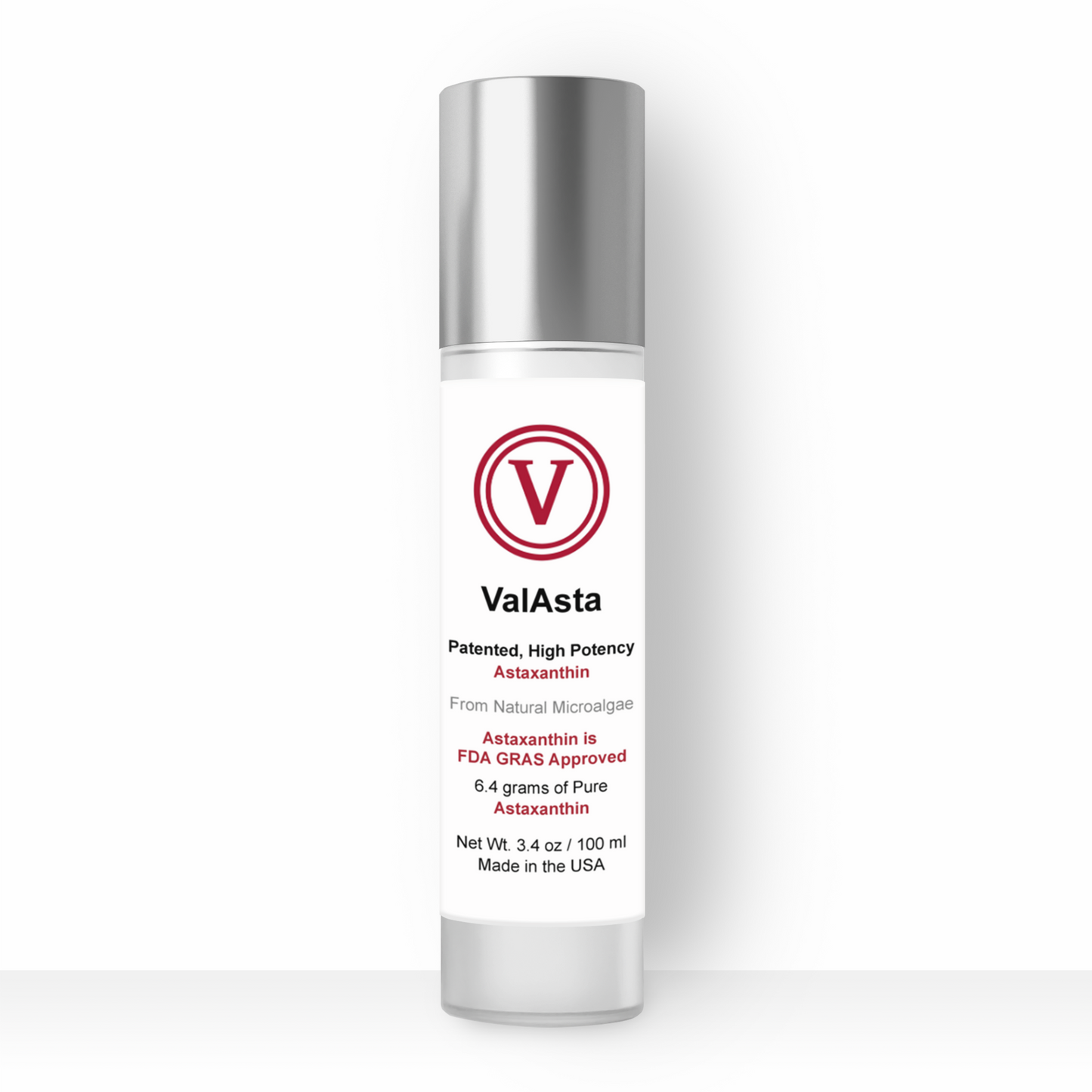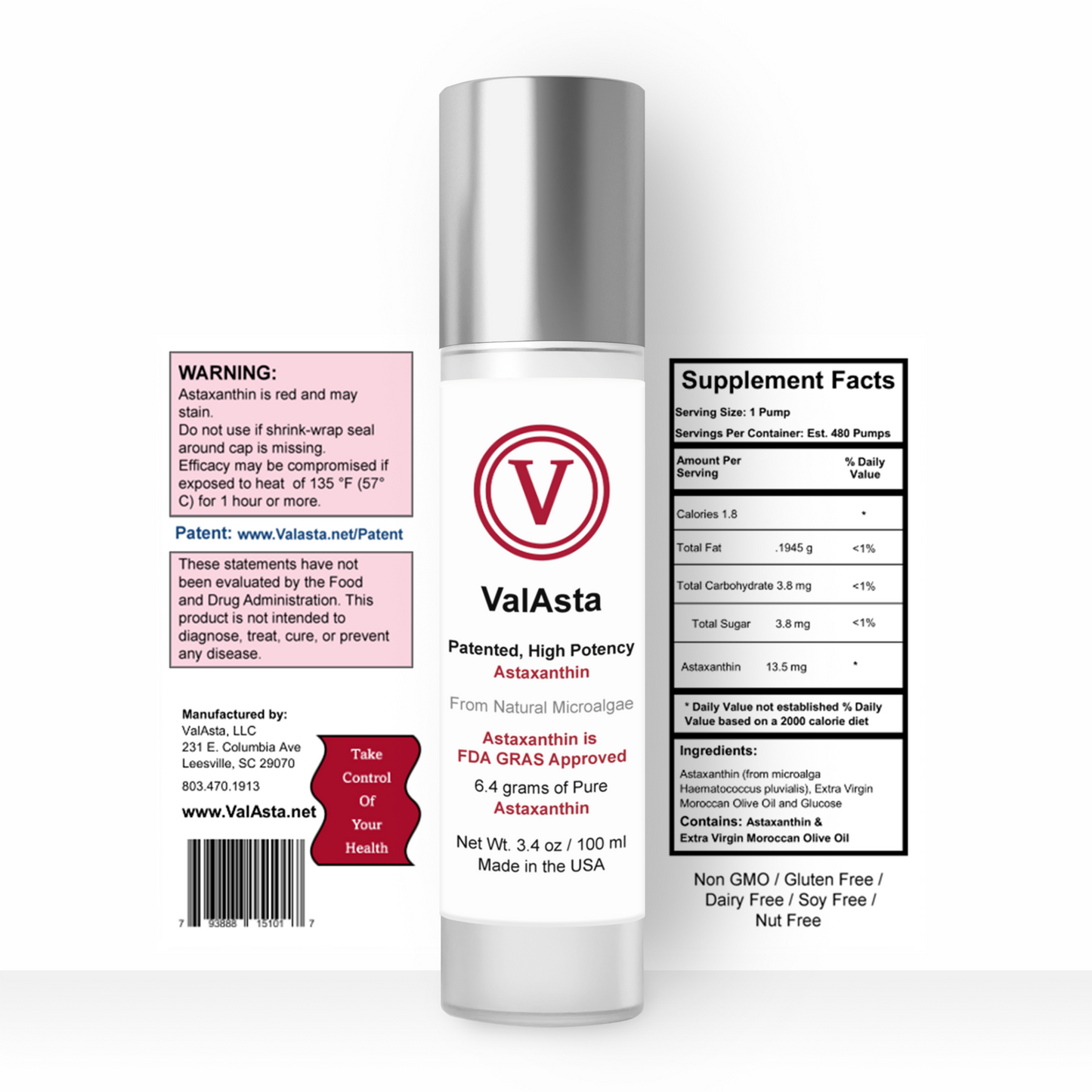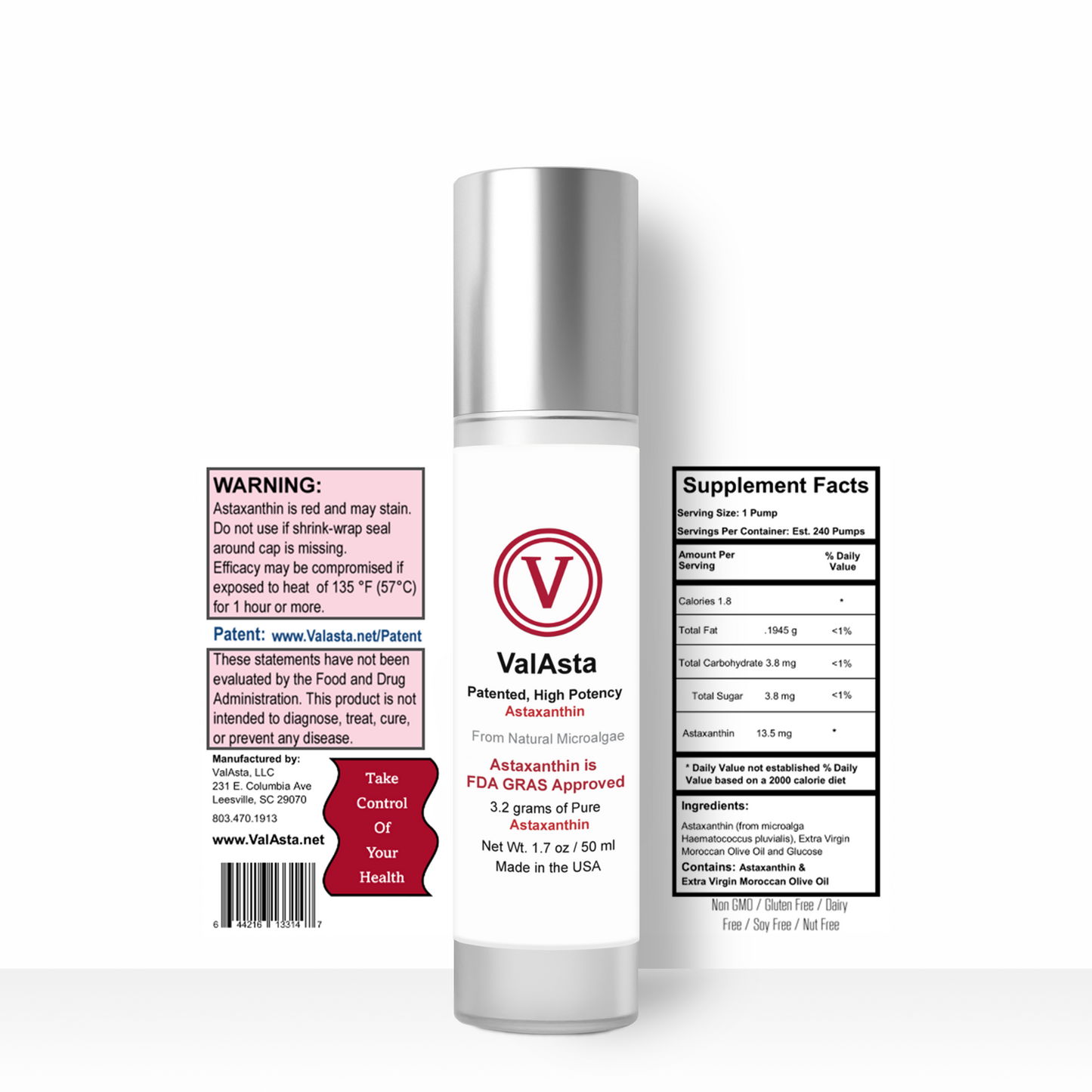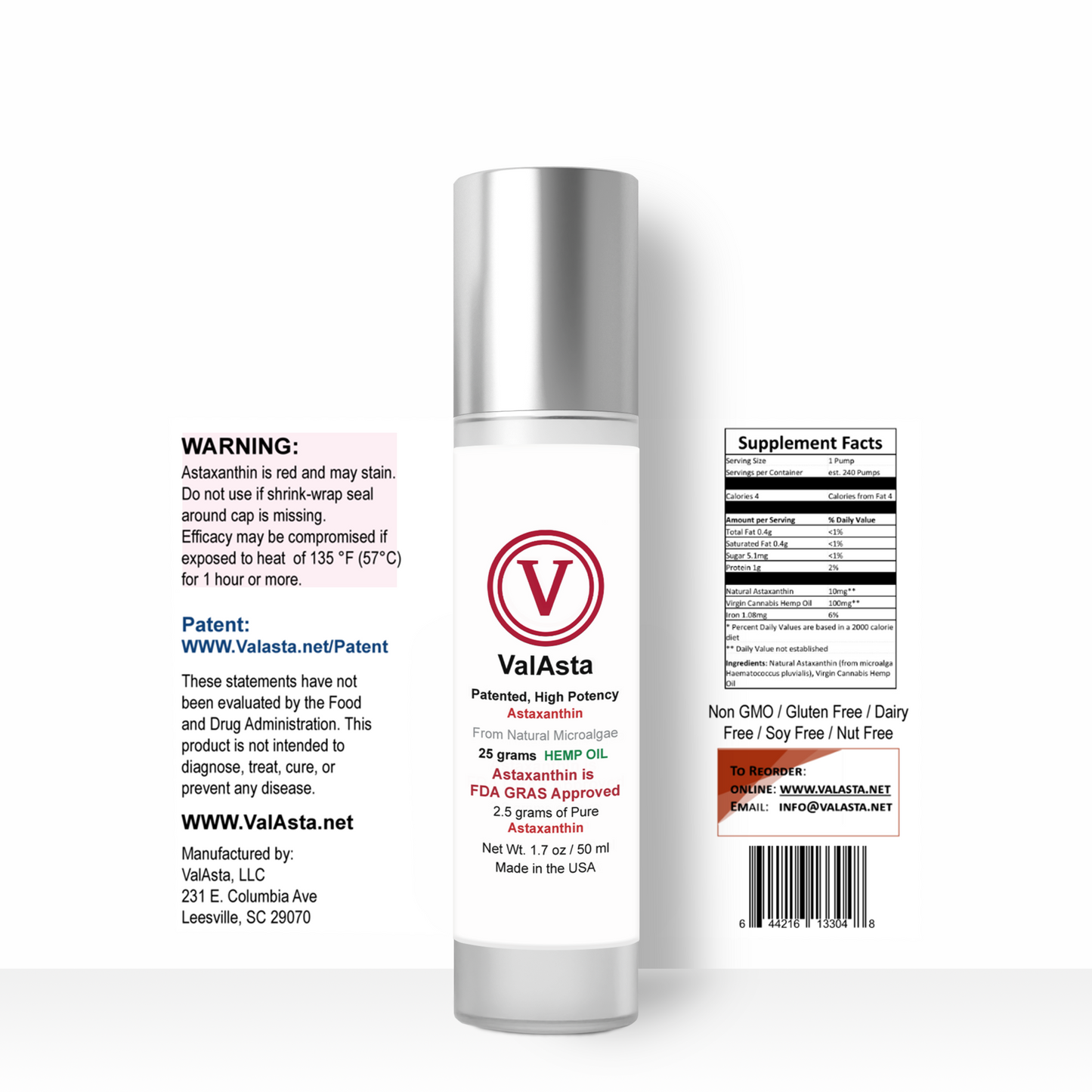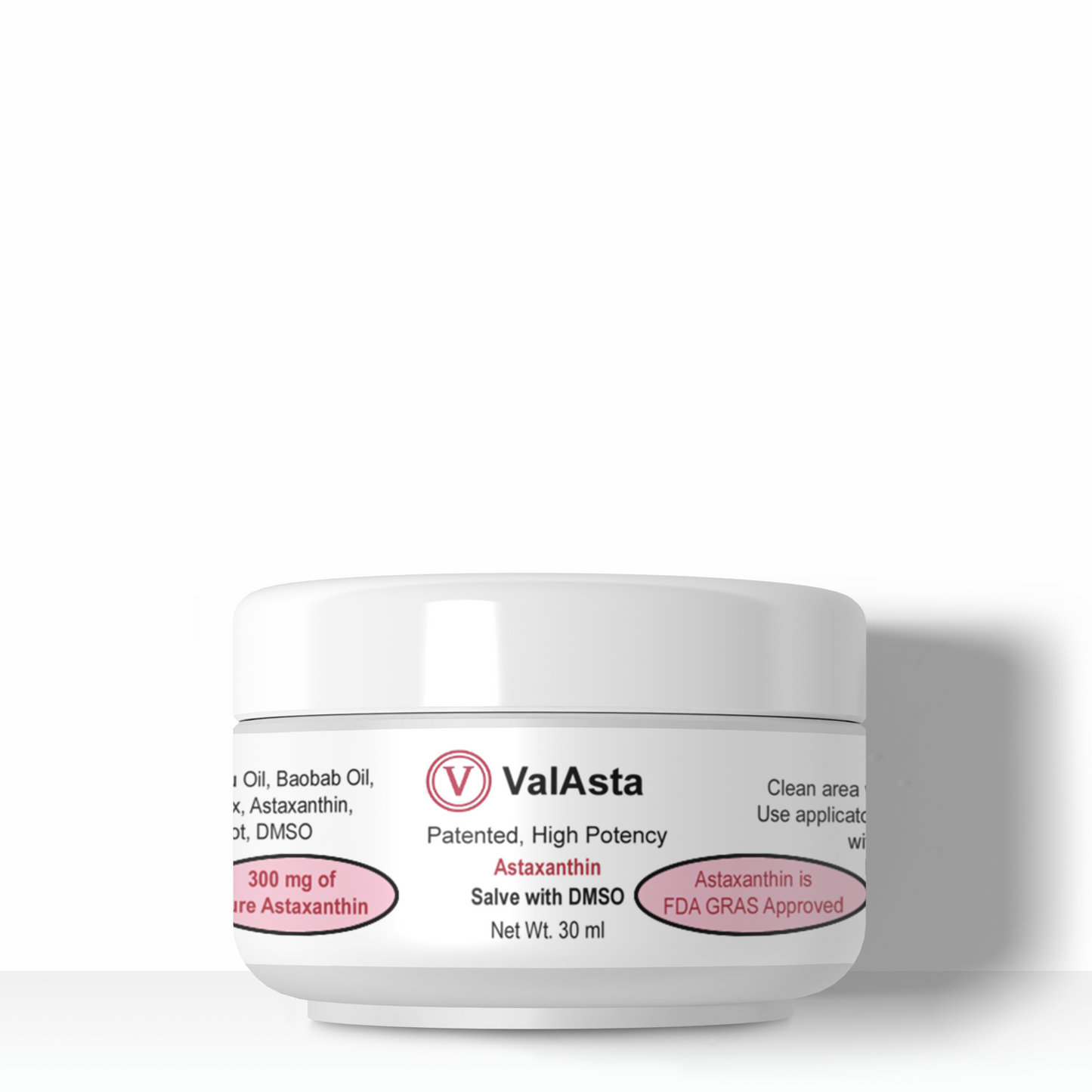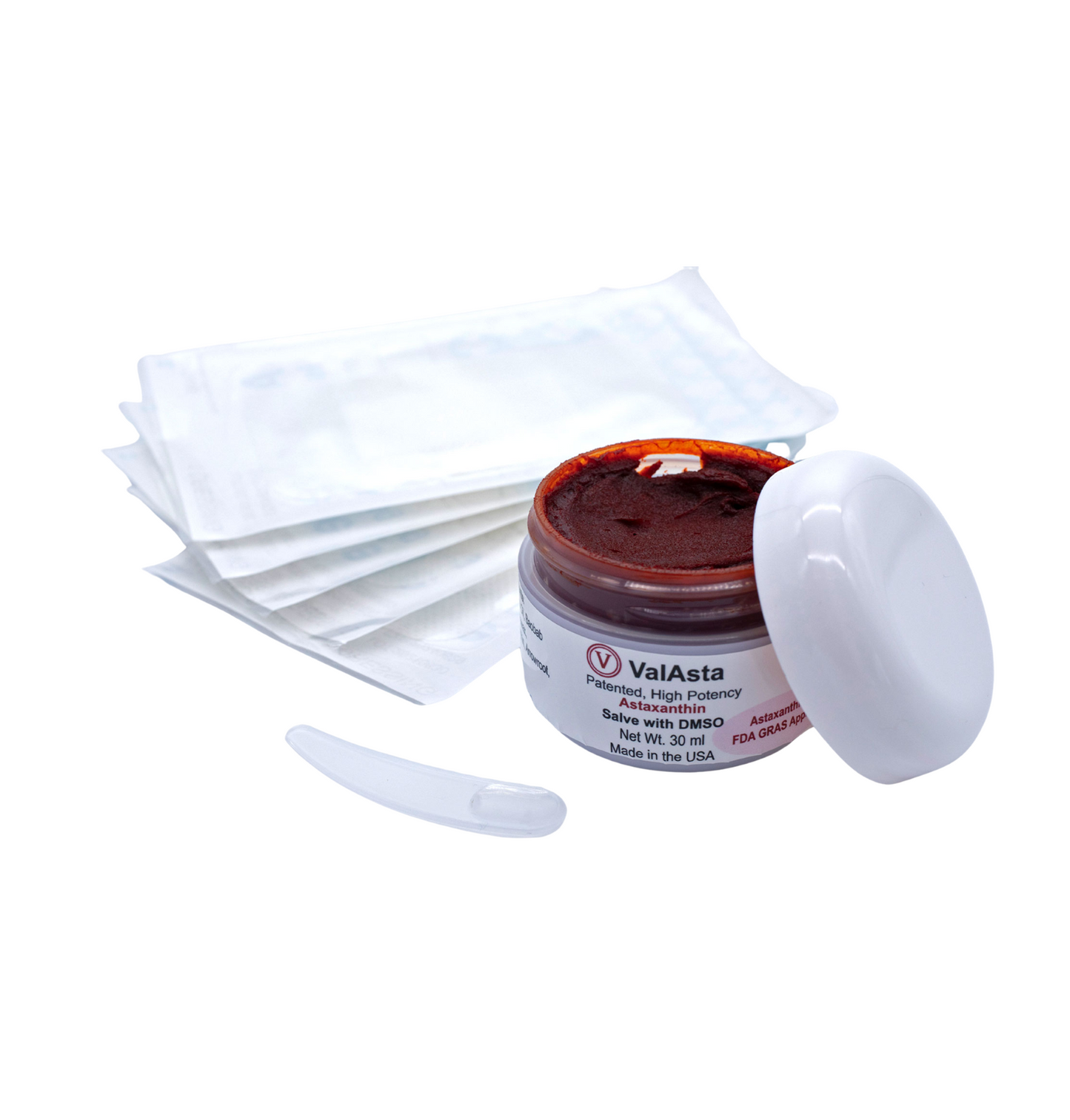
Heart and blood vessel disease (also called heart disease) includes numerous problems, many of which are related to a process called atherosclerosis. Atherosclerosis is a condition that develops when a substance called plaque builds up in the walls of the arteries. Plaque is hard and the outer shell may crack. This is called a rupture. Platelets and blood clots form around the plaque rupture. If a blood clot blocks your artery in the heart muscle, your heart muscle becomes starved for oxygen. The muscle cells soon die, causing a heart attack. If the plaque rupture occurs in the carotid artery to your brain, it could cause a stroke.
After a heart attack or stroke, you need quick treatment to open the blocked artery and lessen the damage. At the first signs of a heart attack or stroke, call 911. The best time to treat either is within 1 or 2 hours after symptoms begin. Waiting longer means more damage and a lower chance of survival.
Article: Potential Anti-Atherosclerotic Properties of Astaxanthin
Symptoms of Heart Disease
- Nausea
- Vomiting
- Back pain
- Jaw pain
- Cold sweats
- Paleness
- Dizziness
- Shortness of breath
- Lightheadedness
- Fainting episodes

